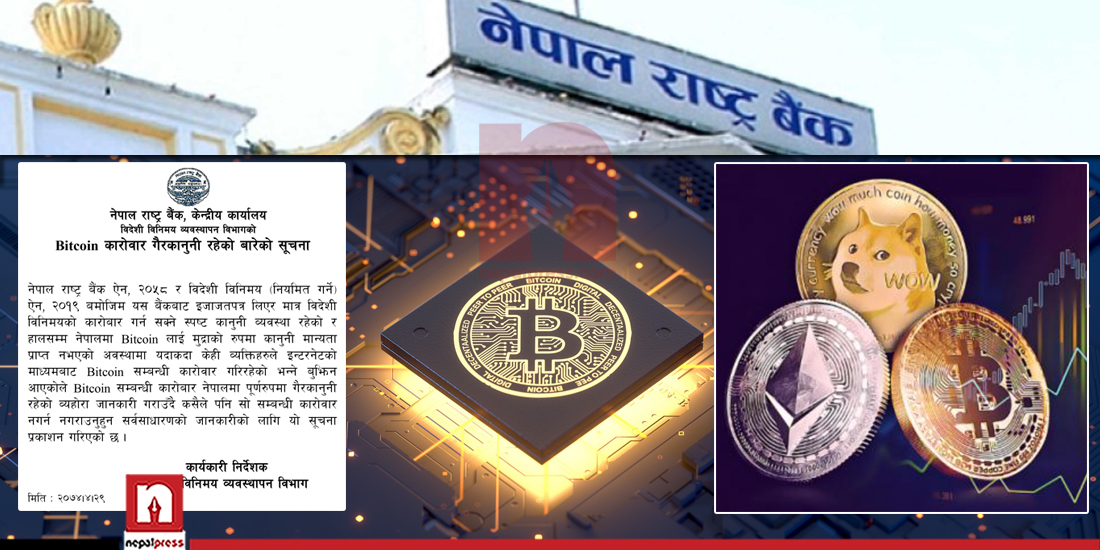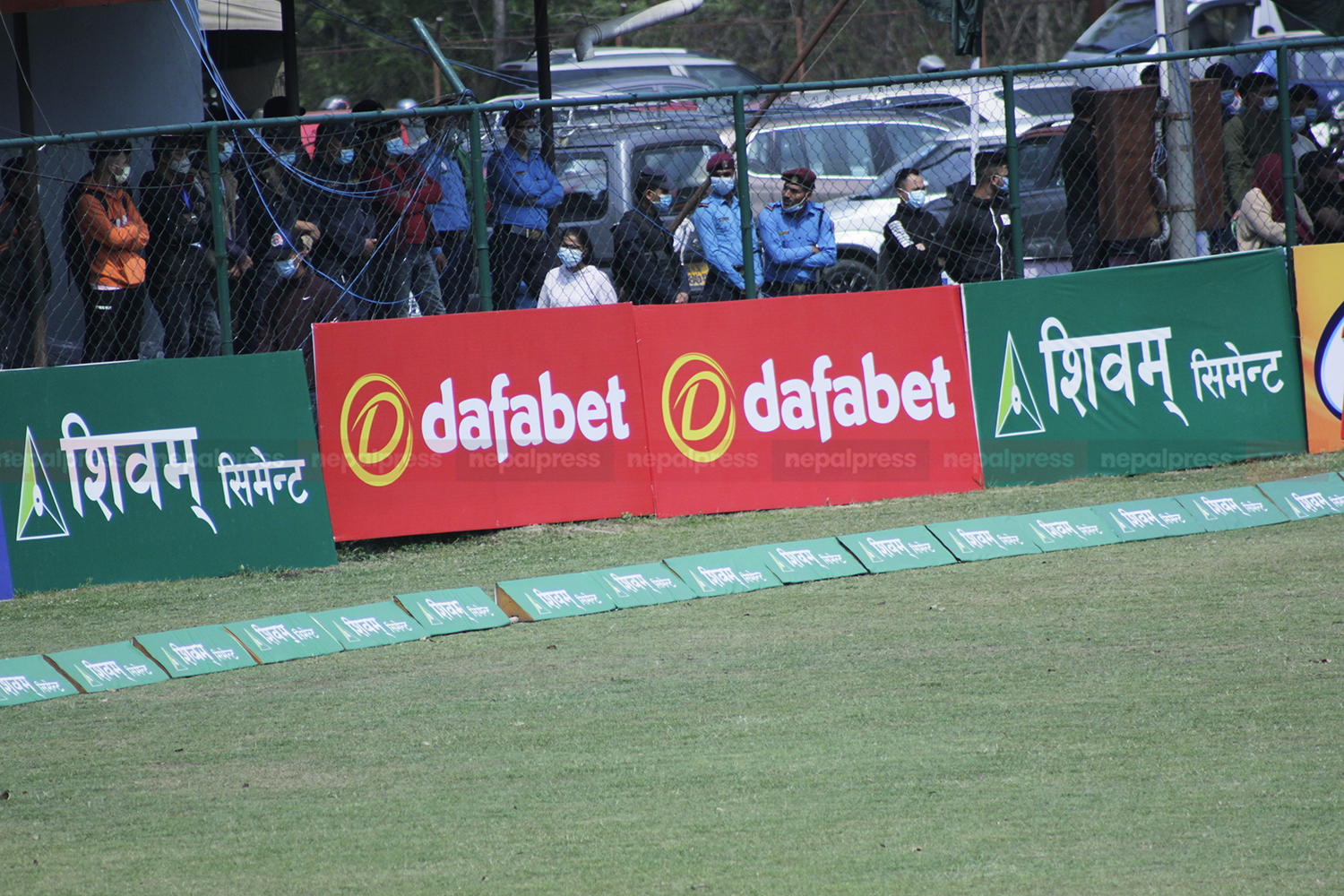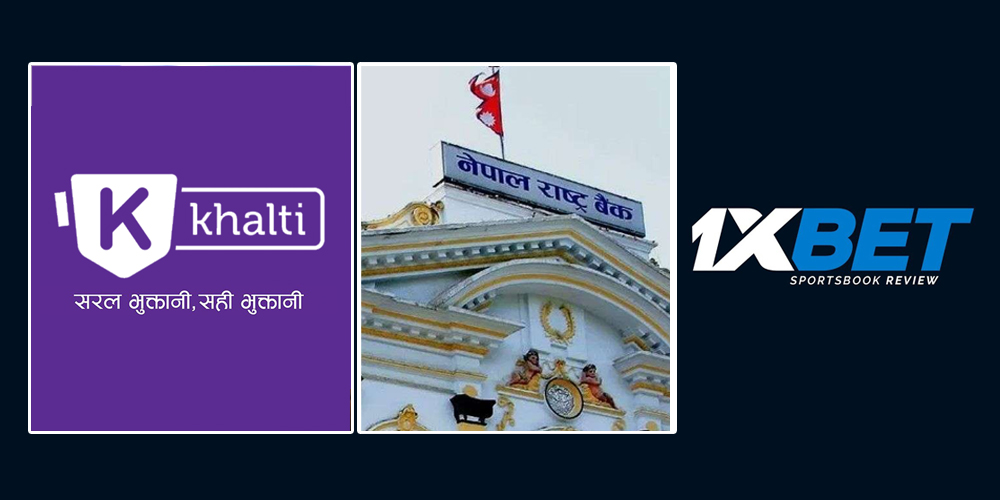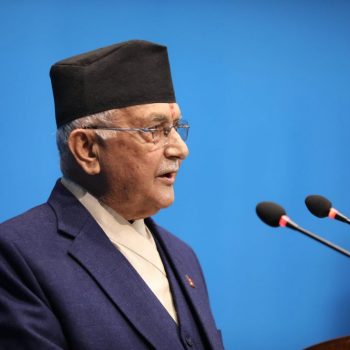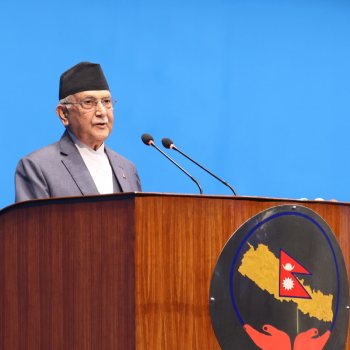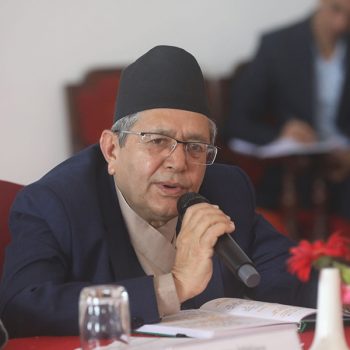Nepal becoming a hub of illegal digital transactions, regulatory bodies prove to be ignorant and useless

KATHMANDU: Is the job of the government or administration only to formulate laws and make announcements? Certainly not. However, considering the laws of Nepal and their implementation, the work of the government seems to be limited to just that. Once a law is made, its implementation should be the first priority of policymakers. However, this is nowhere to be seen in Nepal’s policymaking and implementation.
It might as well be said that laws made by policymakers must be abided by on the basis of ethics and that no action will be taken in case of failure to do so. If that is the case, why do we need the law? But if this is not the motive of the government, then is it not its responsibility to implement these laws? Yes, it certainly is. However, where is the implementation then?
The topic of good governance is not left out in any leaders’ speech. But this is limited to words only. Especially on the internet, the attention of the government is more on songs sung by rappers than blatant crimes that are being committed. Singers/rappers have been arrested on the basis of their Youtube uploads, by police officers roaming around the streets.
However, when the same YouTube is openly advertising the actions that are prohibited by the law of Nepal, can it be believed that the concerned bodies are unaware? Hundreds of famous celebrities, comedians, and YouTubers are openly promoting such activity, so how can it be said that the stakeholders are unaware?
The government knows about the song, but not about the advertisement playing at the beginning, middle, and end of it? How strange!
Is it not the responsibility of the government, which plans to implement the ‘Digital Nepal Framework’ of 2076 BS and to establish internet access as essential infrastructure, to stop illegal digital activity and transactions that have now reached even the villages?
1XBet, which started an illegal betting business in Nepal in 2018, is now trading millions of rupees daily. Inspired by 1XBet’s open advertising and business, other companies have also started supporting the use of Nepali Rupees on their platforms.
1XBet, which recently lost access to advertisements and websites in Nepal due to the impact of Nepal Press news, has recently regained momentum.
1XBet, which has reached a state of ‘wait and see’ after continuous news follow-up and Khalti wallet alerting the Rastra Bank about nearly one thousand users from whom suspicious transactions have been seen, has been advertising even more confidently after the indifference of the administration.
Youtubers, which previously advertised 1XBet but had stopped, have resumed these activities. The morale of such companies has become even higher after the concerned bodies have gone to sleep despite receiving information about the businesses and people involved.
Inspired by 1XBet, other companies of recent times have also started looking for agents in Nepal, seeking platforms for advertising. It is clear that Nepal is developing as a hub of such activities.
Nepal’s law completely bans betting and online casinos for Nepali citizens. However, along with the government’s ‘Digital Nepal Framework’, the roadmap of illegal betting has even reached villages, but the government bodies have remained ignorant.
Even months after information and suspicious activities that were made public some time ago reached the parent organization of financial transactions, Nepal Rastra Bank, nothing has been done about this. This indifference on the part of the regulatory body and the administration has further encouraged such activities, as evidenced by the increasing number of advertisements, debates and plans of such companies.
Isn’t it better to make this legal and levy tax on this, rather than to invite shame while it is declared illegal due to lack of implementation?
What is this administration’s policy – not stopping these illegal transactions that are going on easily via ‘promoted’ advertisements on social media through well-known YouTubers/Tiktokers and digital service providers, but bashing and arresting those speaking a few words against political leaders? The medium is the same but the crime is bigger, and yet only those verbally abusing leaders are being arrested. Why? The answer is clear – the government’s focus is more on saving the hollow dignity of shameless leaders, rather than stopping and preventing illegal transactions worth millions of rupees every day.



